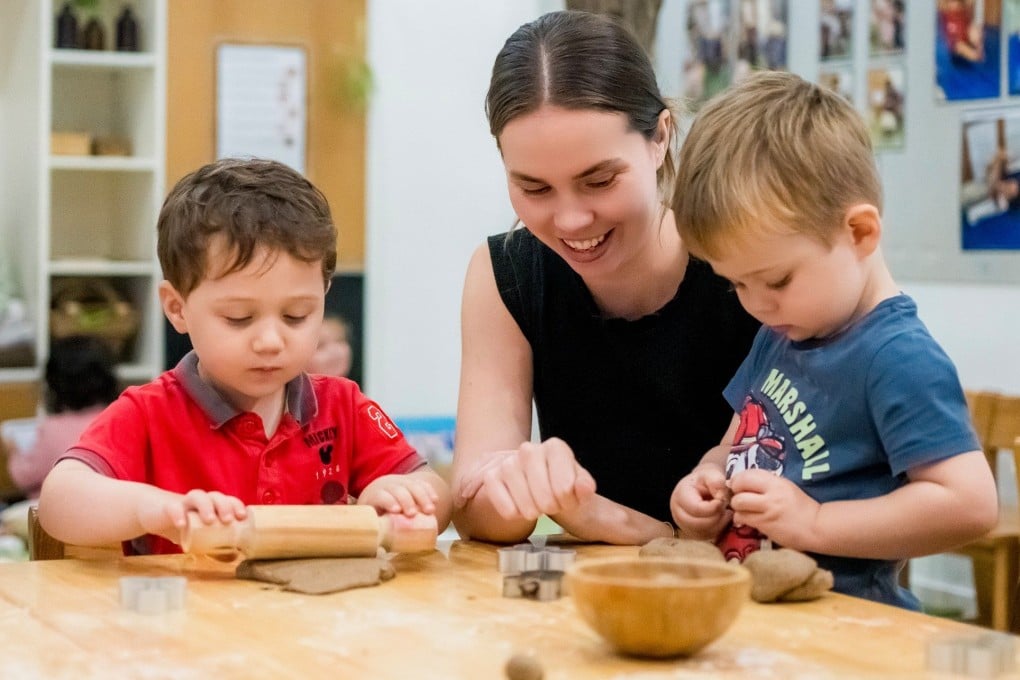Play-based curriculum: how Wilderness International Kindergarten in Hong Kong challenges academic pressure
- Cleona Cloete, principal of Wilderness International Kindergarten talks about the long-term benefits of a holistic, child-led curriculum

Hong Kong policymakers have long touted the benefits of learning through play, especially when it comes to pre-primary education. Yet many of the city’s kindergartens are still inclined towards the intellectual aspects of learning, over allowing a child’s natural curiosity to guide the process.
The traditional classroom is educator-led, with both learning and fun directed by the teacher. The often rigorous entry requirements of local primary schools also encourage a more academic teaching approach from kindergartens. Such strictures, however, may be preventing independent, autonomous play.
Wilderness International Kindergarten is one early childhood educator that is driving the play-based curriculum in Hong Kong. The school’s principal, Cleona Cloete, aims to shift the prevailing perspective on education by highlighting the long-term benefits of play-based learning.
“In Hong Kong specifically, there is a great deal of academic pressure that children as young as two years old can feel when they are expected to be using pencils and recognising letters at more ‘traditional’ schools,” she says. Such requirements, she adds, “are completely not age appropriate and can instead have long-term negative effects on children’s confidence and self-worth”.
In a bid to provide “the best possible foundations for future learning and growth”, Wilderness implements an “emergent curriculum”, building a teaching plan for the year based on the naturally developing interests of the children. “As a Reggio Emilia-inspired school, it is of great importance that we follow this emergent curriculum, and that everything we do within the school is for the children’s benefit and best interests.”
A child’s core personality and foundational perspectives are largely shaped during the early years of development, as children formulate their initial impressions of the world through active exploration and engagement with their five senses. The Reggio Emilia approach emphasises the “hundred languages of children” – the diverse avenues through which young learners can engage in cognitive exploration, develop attitudes and dispositions, and express their thoughts and feelings.